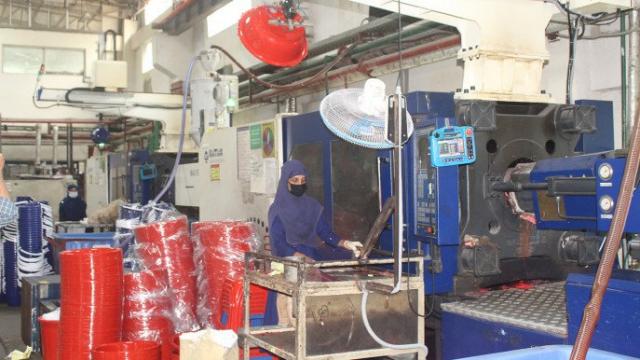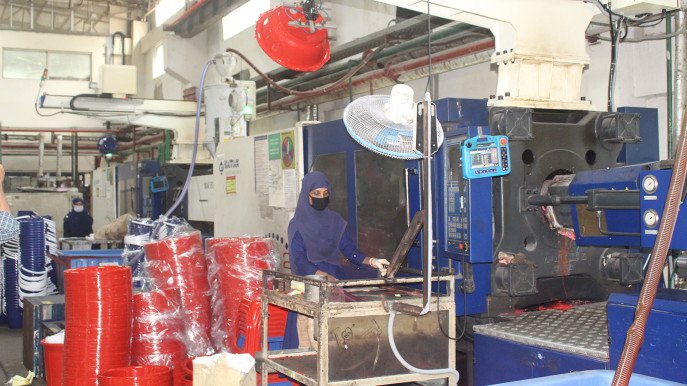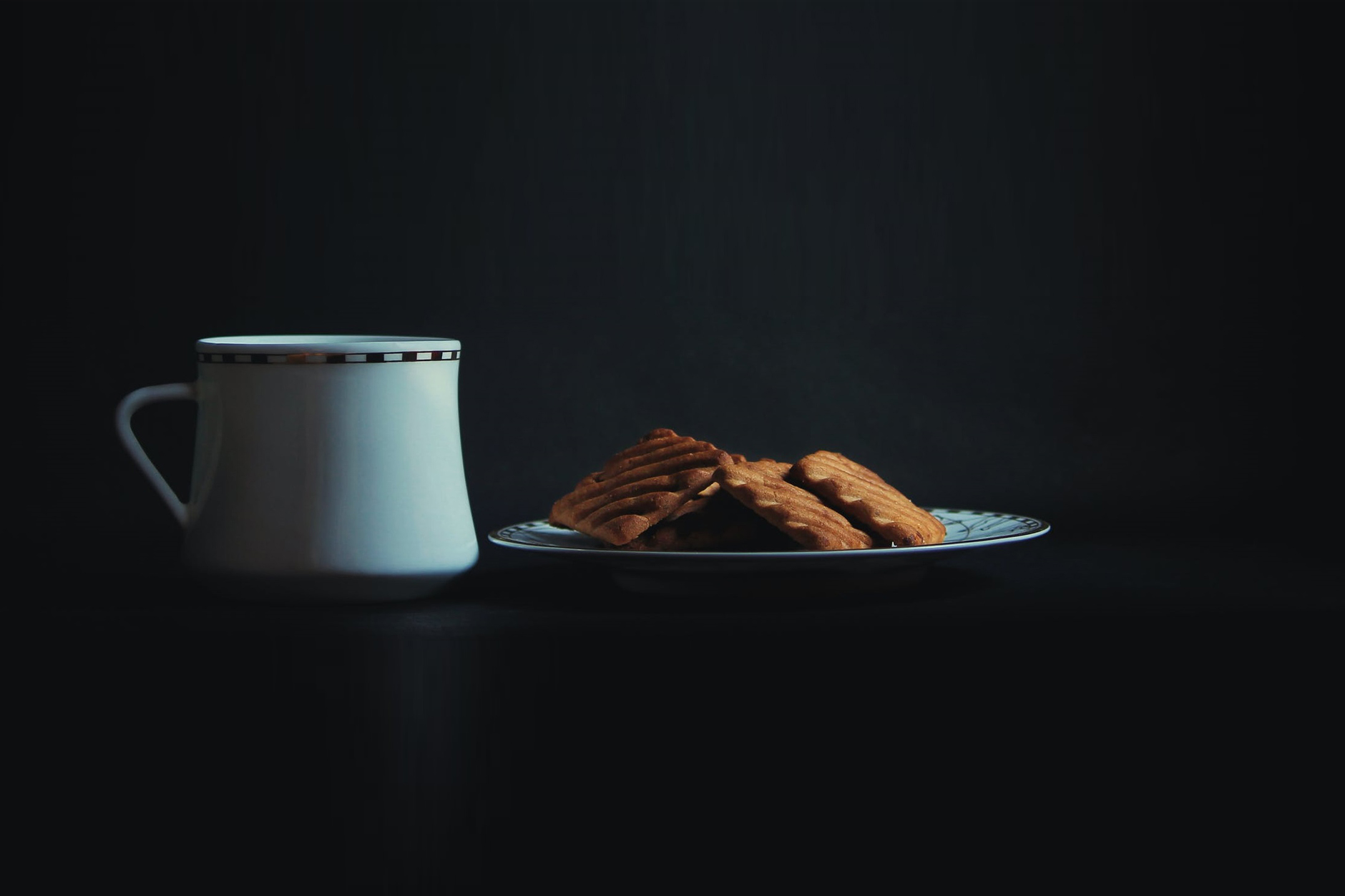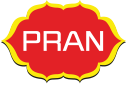Pran-RFL recycles 30,000 tonnes plastic a year

Collecting about 30,000 metric tonnes of waste plastic, the company is producing 26,000 metric tonnes of raw material every year

Various used household items including broken plastic chairs, wrappers, buckets, and bowls are being placed on a machine plate. The products are crushed into plastic powder on the other side of the machine. Resin, the raw material for making plastic, is being made in several steps automatically by another machine in the factory from these plastic powder. From the plastic resin, 100 types of products including plastic buckets, chairs, shovels, and flower tubs are being made anew.
During a visit to PRAN-RFL Industrial Park in Habiganj, this correspondent saw new plastic products being made by recycling waste plastic items.
According to PRAN-RFL, the company has been recycling plastic products for reuse since 2012. For this, 10 collection centres have been set up across the country for collecting old and waste plastic.
The collected plastics are powdered at the centres and sent to the recycling factory in Habiganj. Collecting about 30,000 tonnes of used plastic every year, the company is producing 26,000 tonnes of raw material from them.
In the factory, with a total of seven production lines, in Habiganj Industrial Park, the resin is being made using only used plastic. Resin is being separated according to colour and grade. Later they are being made into new plastic products by machine.
It is learnt that the group has so far invested around Tk320 crore in the plastic recycling sector, employing 2,000 people directly and 4,000 indirectly. The group currently recycles about 10% of the total plastic use.

Referring to the company's next five-year plan, PRAN-RFL Group Director (Marketing) Kamruzzaman Kamal said, "We aim to recycle about 20% of our total plastic usage. For this reason, 10 more collection centres will be set up soon."
People concerned said if imported, 27,000 tonnes of raw material would have cost around Tk400 crore. As a result of recycling activities, a huge amount of foreign exchange is being saved every year.
Every year, the company produces about three lakh metric tonnes of plastic products including household products, pipes and fittings, garment accessories, and food packaging materials.
Pran-RFL collects PET, HDPE, LDPE, PP, PVC, PS, and ABS plastics. However, of the total collections PET, PP and PVC are more in quantity. These 'used plastics' are collected from dealers, plastic collectors, plastic product factories and depots. The used plastics are collected at the rate of Tk60-70 per kg.
RFL Recycling Project Chief Operating Officer Md Kamrul Hasan said PET bottles and PET type packaging are widely used in Bangladesh. With this in mind, PRAN-RFL is planning to set up a PET bottle recycling plant within the next two years, where even fabric can be made thru recycling.
He said, "This will indirectly benefit the environment and is expected to play a major role in developing the sector."
Notably, the use of plastic is increasing day by day due to its durability, low cost and availability. At present, more than 400 million metric tonnes of plastics are being produced worldwide every year.
At present, there are about 4,000 plastic manufacturing companies in Bangladesh, where more than two million people are directly and indirectly involved. About 24 lakh tonnes of plastic are used every year in Bangladesh. Its per capita consumption is about 9kg per year. In this case, Bangladesh is far behind in terms of per capita use. Global per capita consumption of plastic is 60kg per year.
In Japan and developed countries of North America and Western Europe, per capita consumption of plastic is more than 100kg per year.
Kamruzzaman Kamal said, "We are planning to use a portion of the money earned from the sale of recycled plastic products in the CSR sector. The money will be spent for the development of the environment."
 Pran Foods
Pran Foods


